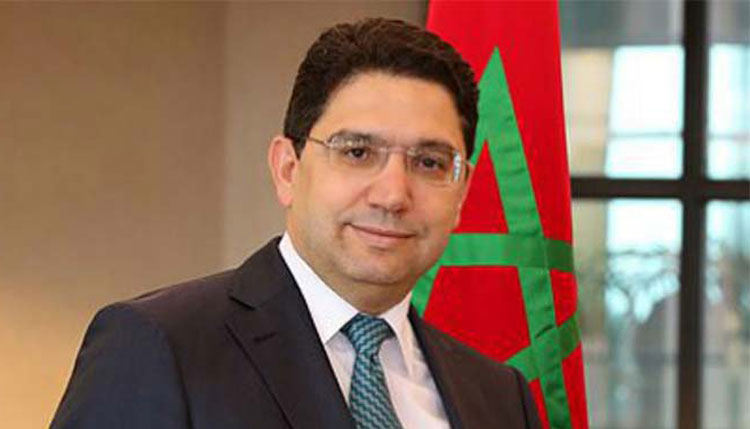The Diplomat
Morocco confirmed yesterday what it has been suggesting in recent days, with statements by its leaders: that its attitude is due to the fact that it does not like Spain’s attitude towards Western Sahara and that it does not consider the crisis with our country to be closed.
Yesterday, the Moroccan Ministry of Foreign Affairs released a lengthy statement in which it acknowledged that its displeasure is not only because it has taken in Polisario Front leader Brahim Ghali in a hospital in Logroño, but also because Spain is not adopting a position of open support for Rabat’s claims in the Sahara, as the United States has done.
“The crisis is not limited to the matter of one man”, the statement points out, adding that the crisis “does not begin with his arrival, nor will it end with his departure”, in reference to his possible return to Algeria, after passing through the Audiencia Nacional.
Morocco goes on to stress that the case “has revealed Spain’s hostile attitudes and harmful strategies towards the Moroccan question”, as well as “the collusion of our northern neighbour with the Kingdom’s adversaries to undermine Morocco’s territorial integrity”.
The President of the Government, Pedro Sánchez, who appeared before journalists at the end of the Spanish-Polish summit held in Alcalá de Henares, responded to the Moroccan authorities’ approach. “If what is being said by the Moroccan Foreign Ministry is that immigration has been used, that is to say the assault on Spanish borders by more than 10,000 Moroccans in 48 hours, because of disagreements over foreign policy, I find this unacceptable, and I therefore reject this statement,” he said.
To justify its position, the Foreign Ministry statement goes on to draw a parallel between Western Sahara and Catalonia, advising Spain that, if it wants to resolve the crisis, it should adopt the same attitude towards the “separatism” fomented by the Polisario in the Sahara as Morocco adopts towards “separatism” in Catalonia. And after affirming that Rabat “never instrumentalised separatism”, he adds that he expects no less from Spain.
Morocco, which feels reinforced by the backing it received in December from Donald Trump’s administration in recognising Moroccan sovereignty over Western Sahara, wants Spain to abandon its traditional position of calling for a solution agreed between the parties within the framework of the United Nations. Thus, in the statement he calls for “an unambiguous clarification by Spain of its choices, decisions and positions”, in reference to its position on the Sahara.
Until now, the Spanish government has tried, at all times, not to escalate the tension with Morocco, and the strongest diplomatic gesture it has made was to summon the Moroccan ambassador in Madrid, Karima Benyaich, to the Ministry of Foreign Affairs, to complain about the massive influx of people across the border of Ceuta, without the Moroccan security forces doing anything to prevent it. Benyaich was called in for consultations by the Moroccan government shortly afterwards, and from Rabat she continued to make highly critical statements about Spain.
The Spanish government did not respond by recalling the ambassador in Rabat, Ricardo Díez-Hochleitner, and focused on seeking the support of the European Union.







